Science
Staffing List
Dr Wilson - Head of Science, Assistant Headteacher
Miss Laine - Second in Science (Key Stage 4)
Mr Mead - Second in Science (Key Stage 3)
Mrs Gray - Teacher of Science, Assistant Headteacher
Dr Hall - Teacher of Science, Deputy Headteacher
Mr Hamilton - Teacher of Science
Mrs Ramsay - Teacher of Science
Mrs Romain - Teacher of Science, School professional mentor (ITT programme)
Mr Tiley - Teacher of Science, Head of Year 9
Ms Horne - Science Technician
Mrs Wall - Senior Science Technician
Vision Statement
Our vision is to enthuse our students about Science, shaping the next generation of scientists so that they are well equipped for the STEM careers of the future. We're committed to providing an exciting, engaging and relevant curriculum, delivered by subject specialists, which is supported by a diverse offering of extra-curricular opportunities.
SCOLA refurbishment
Following the completion of the SCOLA block refurbishment, students can enjoy learning Science in bright, energy efficient teaching science teaching spaces. This includes the provision of a brand-new accessible Science teaching lab, taking the total number of science labs at Testbourne to 7. For more information on the SCOLA block refurbishment, click here.
Further information
For more details, please contact Dr Wilson, Head of Science, at: r.wilson@testbourne.school


 Testbourne Community School
Testbourne Community School